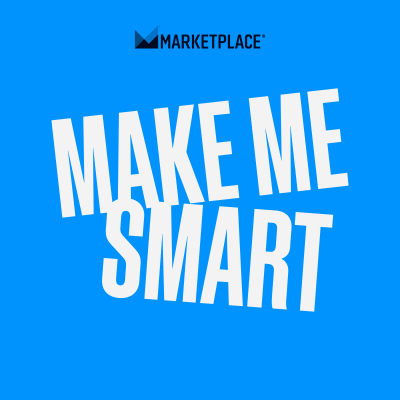Make Me Smart

Each weekday, Marketplace’s Kimberly Adams makes today make sense along with her Marketplace colleagues, breaking down happenings in tech, the economy, and culture. Because none of us is as smart as all of us.
Website : https://www.marketplace.org/shows/make-me-smart
RSS Feed : https://feeds.publicradio.org/public_feeds/make-me-smart
Last Episode : September 16, 2025 3:46pm
Last Scanned : 6 hours ago
Episodes
No episodes hosted on the IPFS network.